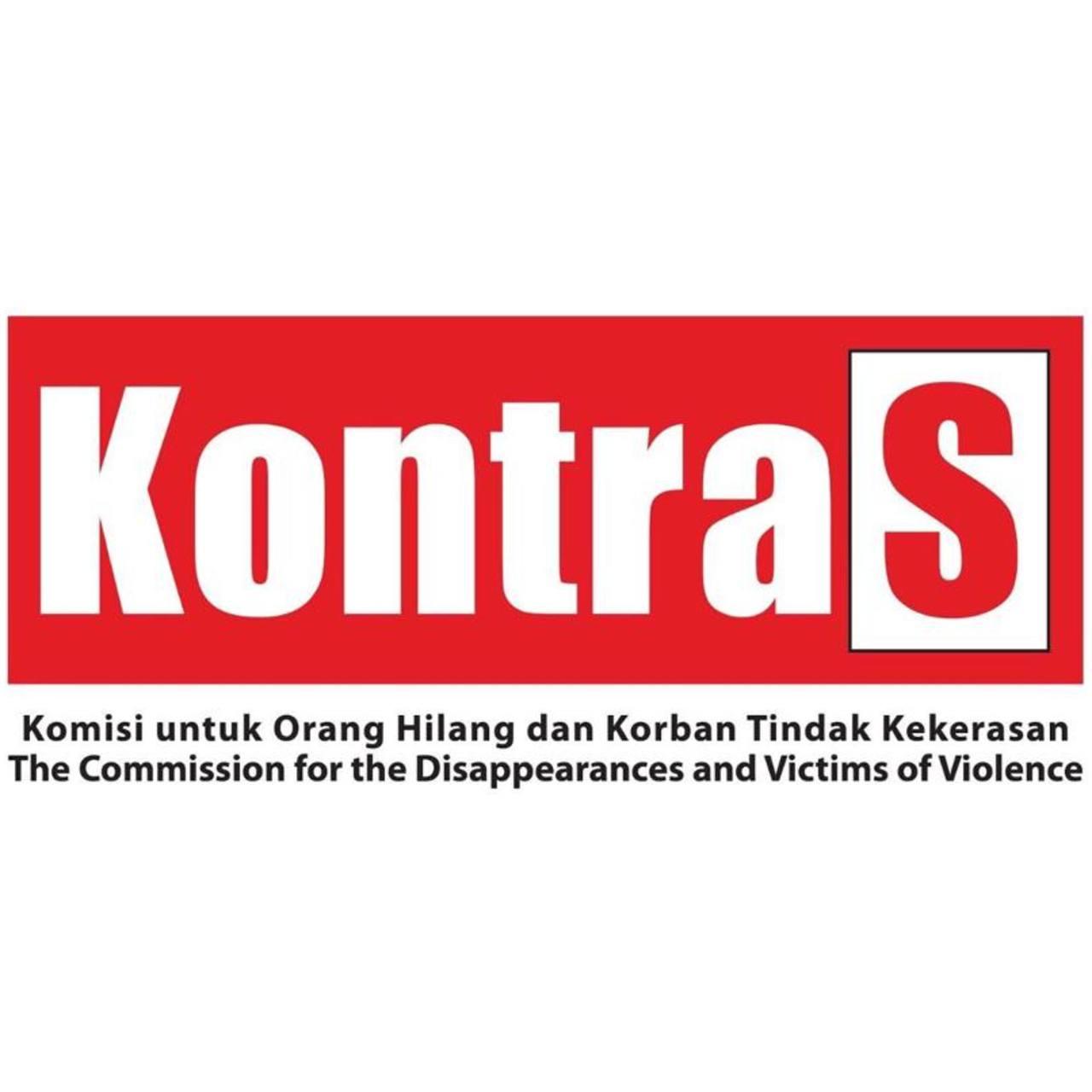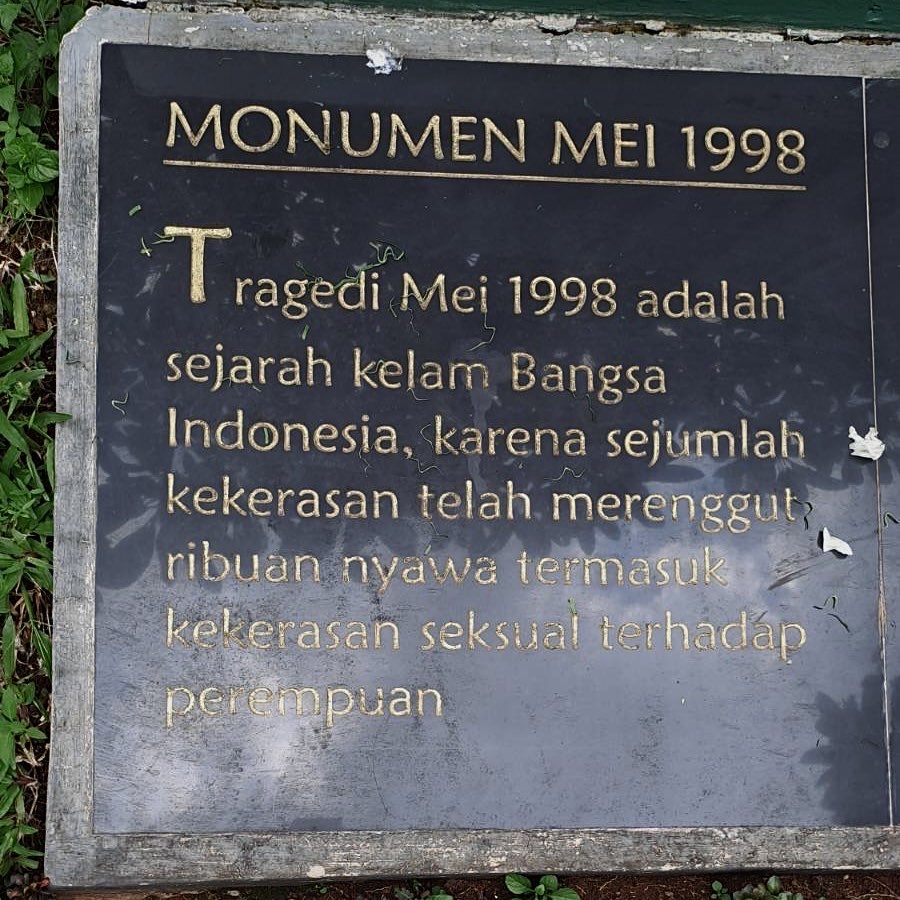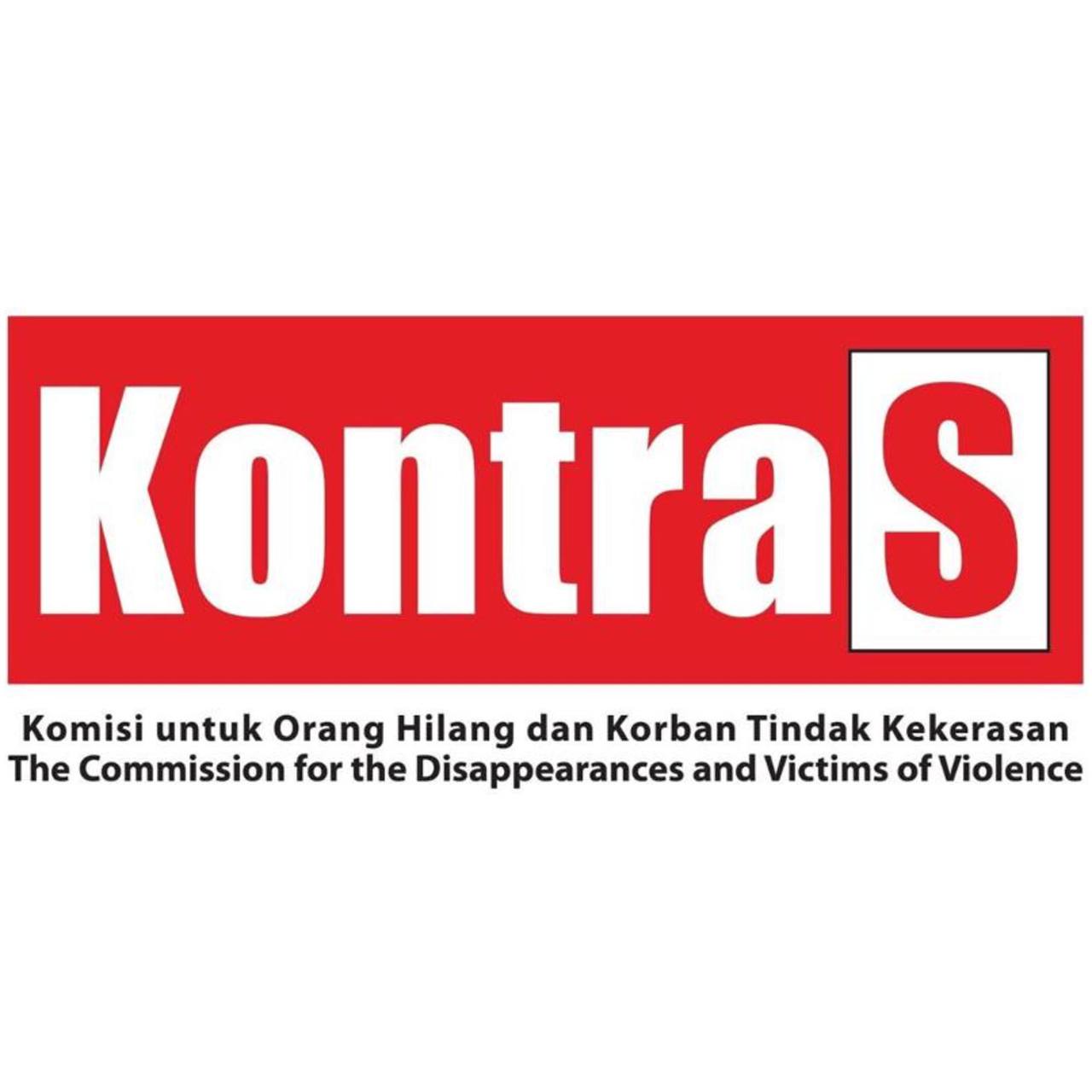The Civil Society Coalition Against Impunity, consisting of various civil society organizations and individuals, strongly condemns the recent statement made by the Minister of Culture of the Republic of Indonesia, Fadli Zon, regarding the May 1998 Tragedy. In a video interview titled "Real Talk: Heated Debate!! Fadli Zon vs Uni Lubis on the Revision of History Textbooks", published on the IDN Times YouTube channel on 10 June 2025, Fadli Zon made two highly problematic claims. First, he stated that there is no evidence of violence against women, including mass rapes, during the incident. Second, he asserted that such information was merely a rumor and had never been recorded in history books.
We consider these statements a deliberate manipulation and distortion of history, as well as a serious affront to the efforts toward truth-seeking regarding this grave humanitarian tragedy—especially the sexual violence committed against women during the May 1998 events. These remarks reflect a broader agenda aligned with the current revisionist project under Minister Fadli Zon, which appears to systematically remove critical narratives about gross human rights violations from the public domain.
Fadli Zon’s statement demonstrates a lack of empathy toward the victims and the many women who have stood in solidarity with them. It also reveals a profound failure to comprehend the unique and specific nature of sexual violence, particularly the deliberate targeting of ethnic Chinese women as victims.
Furthermore, his statements serve to delegitimize the work of the Joint Fact-Finding Team (TGPF) and the National Commission on Human Rights (Komnas HAM), both of which have conducted thorough documentation and investigations confirming the occurrence of sexual violence during the May 1998 riots. The TGPF was established in July 1998 by President B.J. Habibie and comprised representatives from the government, Komnas HAM, NGOs, and other civil society elements. The team was tasked with uncovering the facts, identifying perpetrators, and analyzing the circumstances and interconnections surrounding the events in various locations.
After nearly three months of data collection and evidence gathering, the TGPF published its Final Report on 23 October 1998, which documented sexual violence in Jakarta and surrounding areas, Medan, and Surabaya. The forms of sexual violence were categorized as follows: rape, rape accompanied by physical abuse, sexual assault/physical abuse, and sexual harassment—occurring inside homes, on the streets, and in front of businesses. The team identified 52 rape survivors, 14 survivors of rape and physical abuse, 10 survivors of sexual assault/abuse, and 9 survivors of sexual harassment—based on testimony from survivors, their families, eyewitnesses, healthcare professionals, counselors, and religious figures.
The TGPF also found cases of sexual violence that occurred both before and after the May riots. During their visit to Medan, the team received reports of hundreds of cases of sexual harassment from 4 to 8 May 1998, as well as additional incidents: two in Jakarta on 2 July 1998, and two in Solo on 8 July 1998.
Significantly, the TGPF found that many rape cases constituted gang rapes, with survivors being raped by multiple perpetrators in succession, often in the presence of others. A Special Rapporteur from The National Commission on Violence Against Women (Komnas Perempuan) on the May 1998 Sexual Violence and Its Impacts further discovered deliberate targeting of ethnic Chinese women, who were scapegoated amid the economic crisis. In one testimony, a woman was spared from rape only after her indigenous (“pribumi”) mother convinced the perpetrators that she was her daughter.
Although the findings were submitted to the Attorney General's Office for further legal action, no meaningful judicial process has ever been pursued—neither at the investigation nor the prosecution level. For more than two decades, the truth has remained obscured, and the victims and their families have been denied truth, justice, and reparation—rights that the State is legally and morally obliged to fulfill. This failure violates the right of every citizen to live in safety and dignity, perpetuates collective trauma, and fosters an atmosphere of fear and silence.
Fadli Zon's denial of the May 1998 sexual violence also effectively erases the very history that led to the founding of Komnas Perempuan, which was established through Presidential Decree No. 181/1998 as a response to the tragedy. Komnas Perempuan is a direct product of Indonesia's Reform Era; denying the violence is tantamount to rejecting the spirit of reform itself. Moreover, the collective memory of this tragedy is memorialized in the May 1998 Memorial in Pondok Rangon, inaugurated in 2015 by Komnas Perempuan and then-Governor of Jakarta, Basuki Tjahaja Purnama. Erasing these historical facts is a betrayal of the victims and their long-standing struggle.
Fadli Zon's remarks represent a systematic effort to erase traces of past human rights violations committed during the New Order regime by removing the narrative of sexual violence and other gross human rights abuses from revised history textbooks. This action marks a regression in the state's duty to protect women and reinforces a hypermasculine image of the state. Rather than questioning the absence of these accounts in textbooks, as Minister of Culture, Fadli Zon should ensure that these cases are included in a truthful and victim-centered manner. Such omissions deepen injustice and marginalize the voices of survivors.
We view this as a deliberate attempt to sever collective memory and betray the victims' pursuit of recognition, justice, truth, and reparation. If Fadli Zon genuinely seeks to build a unifying national history, he must confront the reality that Indonesian history is inseparable from the suffering of its victims. Confronting gross human rights violations is essential to shaping a shared and inclusive historical narrative—one that future generations can learn from.
Indonesia cannot continue to be governed through the dismissal of scientifically-grounded evidence gathered by impartial actors. Numerous academic texts and studies—by both Indonesian and international scholars—confirm the ethnic-based rapes truly occurred. State power cannot be legitimized through historical denialism. Failure to confront these facts risks leading future generations away from knowledge and toward dangerous historical revisionism.
Our concerns are further exacerbated by Fadli Zon's recent appointment as Chair of the Council for National Honors (GTK), a body tasked with advising the President on candidates for national hero status. His dual roles—as Minister overseeing historical revision and Chair of the Honors Council—strongly indicate a broader agenda to reshape Indonesia’s national historical narrative, including the possible political rehabilitation of problematic New Order figures.
One stark indication is the resurfacing of the proposal to confer National Hero status on Soeharto, the key figure of the New Order regime responsible for widespread human rights violations, corruption, and abuse of power. Fadli Zon has publicly supported this idea, which stands in clear contradiction to historical facts and gravely offends the sense of justice among victims and their families.
Therefore, the Civil Society Coalition Against Impunity demands the following:
-
Strongly condemns and rejects Fadli Zon’s statements denying the sexual violence during the May 1998 events and dismissing them as rumors. These remarks undermine truth-seeking and justice efforts, and risk perpetuating a culture of impunity.
-
Demands that Fadli Zon retract his statements publicly, issue a formal clarification, and deliver an open apology to the victims and families of gross human rights violations—especially the survivors of sexual violence during the May 1998 tragedy and all Indonesian women who have stood in solidarity with them.
-
Urges the cancellation of Fadli Zon's appointment as Chair of the Council for National Honors (GTK), given the risk of its misuse for unilateral and misleading historical revisionism.
-
Calls on the Ministry of Culture to halt its "official history writing" project, which risks distorting historical facts, particularly concerning past gross human rights violations, and may merely serve a short-term political agenda.
-
Demands a participatory and inclusive process in the writing of national history—one that places the voices of May 1998 sexual violence survivors and other victims of gross human rights violations at the center of building a just and dignified collective memory.
-
Reaffirms the importance of preserving the work of the Joint Fact-Finding Team (TGPF), Komnas HAM, and Komnas Perempuan as essential to truth-seeking and historical record-keeping.
-
Calls on the Attorney General to immediately act on Komnas HAM’s investigation files on gross human rights violations by forming an ad hoc investigation team as mandated under Article 21(3) of Law No. 26/2000 on the Human Rights Court.
-
Rejects any form of political rehabilitation of problematic New Order figures, including the proposed awarding of National Hero status to Soeharto.
-
Demands that the State guarantee reparation, recognition, truth, and justice for victims and their families, and ensure that the history of the May 1998 violence—as well as other gross human rights violations—remains part of the nation’s collective memory.
-
Calls on civil society, academics, the media, and survivor communities to vigilantly guard the nation’s historical narrative from misleading and ahistorical revisions.
June 12, 2025
Civil Society Coalition Against Impunity
The full document can be viewed here

KontraS
Komisi Untuk Orang Hilang dan Korban Tindak Kekerasan



